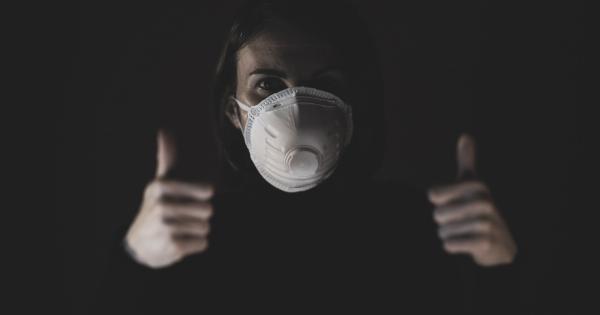During pregnancy, it is crucial to take certain precautions to protect both the mother and the developing baby from potential infections. One such infection is toxoplasmosis, which is caused by the parasite Toxoplasma gondii.
Toxoplasmosis can have severe consequences for the unborn child, including brain and eye damage, so it is essential for expectant mothers to be well-informed about the prevention strategies. In this article, we will discuss various measures that pregnant women can take to prevent toxoplasmosis and ensure a healthy pregnancy.
Understanding Toxoplasmosis
Toxoplasmosis is a parasitic infection that can be contracted by coming into contact with the Toxoplasma gondii parasite. This parasite is commonly found in soil and raw or undercooked meat, particularly lamb, pork, and beef.
It can also be present in cat feces, which is why pregnant women are often advised to be cautious around cats and their litter boxes. While toxoplasmosis can affect anyone, the infection can have severe consequences for the developing fetus if a pregnant woman contracts it.
Risks to the Unborn Baby
When a pregnant woman becomes infected with toxoplasmosis, the parasite can cross the placenta and reach the developing fetus. This can lead to various complications, including:.
1. Congenital toxoplasmosis: This occurs when the fetus is infected during pregnancy. It can cause severe damage to the baby’s brain, eyes, and other organs.
2. Miscarriage: Toxoplasmosis increases the risk of miscarriage, particularly during the first trimester.
3. Premature birth: In some cases, toxoplasmosis can lead to premature birth, which can increase the risk of various health issues for the baby.
Preventive Measures
Preventing toxoplasmosis during pregnancy involves a combination of sensible precautions and lifestyle modifications. Here are some effective preventive measures:.
1. Safe Food Practices:
– Ensure all meat is thoroughly cooked, particularly lamb, pork, and beef. Cooking at temperatures above 160°F (70°C) kills the Toxoplasma parasite.
– Avoid consuming raw or undercooked meats, including cured or smoked seafood such as lox or jerky.
– Wash all fruits and vegetables thoroughly before consumption to remove any potential contamination from soil or fertilizers.
– Avoid drinking unpasteurized milk or eating unpasteurized soft cheeses, as these products can harbor the parasite.
2. Hygiene:
– Wash hands thoroughly with soap and warm water after handling raw meat, gardening, or coming into contact with soil.
– Avoid touching the mouth, nose, or eyes after handling potentially contaminated objects or surfaces.
– Use gloves while gardening and wash hands properly afterward.
– Clean all kitchen utensils, cutting boards, and countertops that may have come into contact with raw meat.
3. Cat Litter Box Precautions:
– If possible, designate someone else to clean the litter box daily. If this is not feasible, wear disposable gloves and wash hands thoroughly afterward.
– Clean the litter box daily, as the parasite needs time to become infectious (at least 24-48 hours).
– Use commercial kitty litter, as it can help inactivate the toxoplasmosis parasite.
4. Avoiding Contact with Stray Cats:
– Avoid handling stray or outdoor cats, as they are more likely to carry the Toxoplasma parasite.
– Keep away from gardening areas frequented by stray cats, as their feces may contaminate the soil.
5. Be Cautious During Recreational Activities:
– Wear gloves while handling soil or gardening, particularly if the area is frequented by cats.
– Avoid consuming foods and beverages at undercooked food stalls, as they may not meet strict hygiene standards.
– Use caution when engaging in activities that involve soil contact, such as digging or planting in the garden.
When to Seek Medical Advice
If you believe you may have been exposed to toxoplasmosis or experience flu-like symptoms during pregnancy, it is crucial to seek medical advice.
Early detection and treatment can significantly reduce the risk of severe complications for both the mother and the baby. Your healthcare provider may recommend specific blood tests to confirm the infection and guide appropriate management.
Remember, prevention is key when it comes to protecting yourself and your baby from toxoplasmosis.
By adopting the necessary precautions and following safe practices, you can greatly reduce the risk of contracting this potentially harmful infection during pregnancy.






























